This Year 3 update shows that momentum has continued in Mwogo and Juru Sectors, with major delivery milestones now complete and results at scale.
International Women’s Day 2025 is a call to Accelerate Action towards gender equality. At the current rate of progress, it will take until 2158, which is roughly five generations from now, to reach full gender parity, according to data from the World Economic Forum. By taking decisive action today, we can break systemic barriers and create opportunities for women and girls worldwide.
Access to clean water and proper sanitation is a cornerstone of health, education, and economic stability, yet many coffee-growing communities still face daily struggles to meet these basic needs. At Project Waterfall, we’re determined to change that, and thanks to your support, we’re making significant progress.
This year Project Waterfall’s flagship campaign UK Coffee Week is raising funds for WaterAid’s Accelerating Access project in rural Rwanda which it started funding in the second year of the three-year project. It aims to reach 46,845 people in the communities of Mwogo and Juru regions with Water, Sanitation and Hygiene (WASH) by 2025. This is with Rwanda's water utility (WASAC), implementing partner COFORWA, and the local community to ensure sustainability and longevity of the project.
The Bugesera Race for Hygiene is an annual road race organized by the district and stakeholders that helps promote messages of good hygiene practices. This year, WaterAid promoted their hygiene campaign and reached 100,000 people with topics including handwashing, personal hygiene, and improvement of household toilets.
Access to clean water and sanitation has many benefits, but perhaps the most obvious and the one that we emphasize most is the impact accessibility has on health. 1.6 million people every year die from water-related diseases, and by increasing access to clean water and providing education around hygiene, we are working to help positively change as many lives as we can. These are two stories from individuals in the health care sector in Rwanda that share the impact the accelerating access project in Rwanda has had on health.
Over the past year our partner @WaterAid has been working with the district government of Bugesera, Rwanda on a project that aims to provide 46,845 people in the communities of Mwogo and Juru with Water, Sanitation and Hygiene (WASH) by 2025. We are delighted to announce that we will be supporting this project as it moves into it’s second year.
Through Project WISE (WASH in Schools for Everyone), our delivery partner Splash aims to transform WASH conditions at 100% of public schools in four cities in Ethiopia, serving one million children and providing an affordable, proven and replicable model for national coverage for all schools and all students. The first city in the program is Addis Ababa, the capital of Ethiopia – and we’re delighted to be working with them to transform WASH solutions in six schools across the capital.
‘Water for Peace’ is the theme for World Water Day 2024, and it's imperative to recognise the pivotal role water plays in shaping peace and conflict worldwide. In a world where over 3 billion people depend on water that crosses national borders, the need for cooperation and equitable access has never been more pressing.
The theme for 2024’s International Women’s Day is Inspire Inclusion, in particular the promotion of diversity in leadership and decision-making positions. In the pursuit of gender equality and women's empowerment, access to clean water and sanitation (WASH) emerges as a critical factor, impacting not only the health and well-being of women but also their ability to participate in decision-making processes.
We’re thrilled to announce that funds raised during The New York Coffee Festival 2022 have now made their way to local implementing partners in Uganda.
16-year-old Seido lives in Sirima village in Berbere, Ethiopia: the location of our latest project. She has never been to school.
Mother of seven Safiya has to walk for hours everyday to collect water for her family. Once our project in Berbere, Ethiopia is complete, they will have access to water from a permanent, safe and reliable source.
Meet 33-year-old Safi. He’s a water engineer for the Berbere District Water and Energy Bureau having completed a diploma in water supply sanitation.
771 million people across the world don’t have access to clean water. In coffee-growing communities where the water crisis is most felt, collecting water is a woman’s job.
Next up in our Coffee & Culture blog series is Vietnam. Vietnamese coffee has rapidly grown in popularity globally, but what’s its history?
This blog series will delve into the culture of coffee in each of the countries we work in. As Ethiopia is the birthplace of coffee and where we completed our most recent project, let's start there.
Lijalem is a manager at the Woynima health centre. He was assigned with the task of encouraging the local community to build their own toilets as part of our project with WaterAid in Jabi Tehnan.
14-year-old Gojjam lives in the village of Addis Alem in Jabi Tehnan. She’s responsible for collecting water for her family, which used to mean a 20 minute walk on a slippery road to an unclean spring.
57-year-old Abez has lived in Jabi Tehnan for almost 28 years. After receiving hygiene and sanitation training through our project, she has built a toilet for her and her family.
Life without access to clean water is now a distant memory for Bizuayehu and her family, as well as everyone else in the Jabi Tehnan coffee growing community.
This week we’re excited to highlight one of our star supporters, 92 Degrees, who have been working with us for the past 6 years to help bring clean drinking water to coffee growing communities.
2020 was a challenging year for the coffee industry, from coffee farms to cafes across the globe. Project Waterfall have remained committed to coffee growing communities in Jabi Tehnan, supporting our delivery partners WaterAid as they navigate the challenges of COVID-19 to ensure progress towards universal access to water, sanitation and hygiene for people living in Weynima and Mankusa.
Project Waterfall, in partnership with WaterAid UK, began working in the Jabi Tehnan district of Ethiopia in 2018.
Here’s an update on what we’ve achieved during the last reporting period, from September 2019 - July 2020.
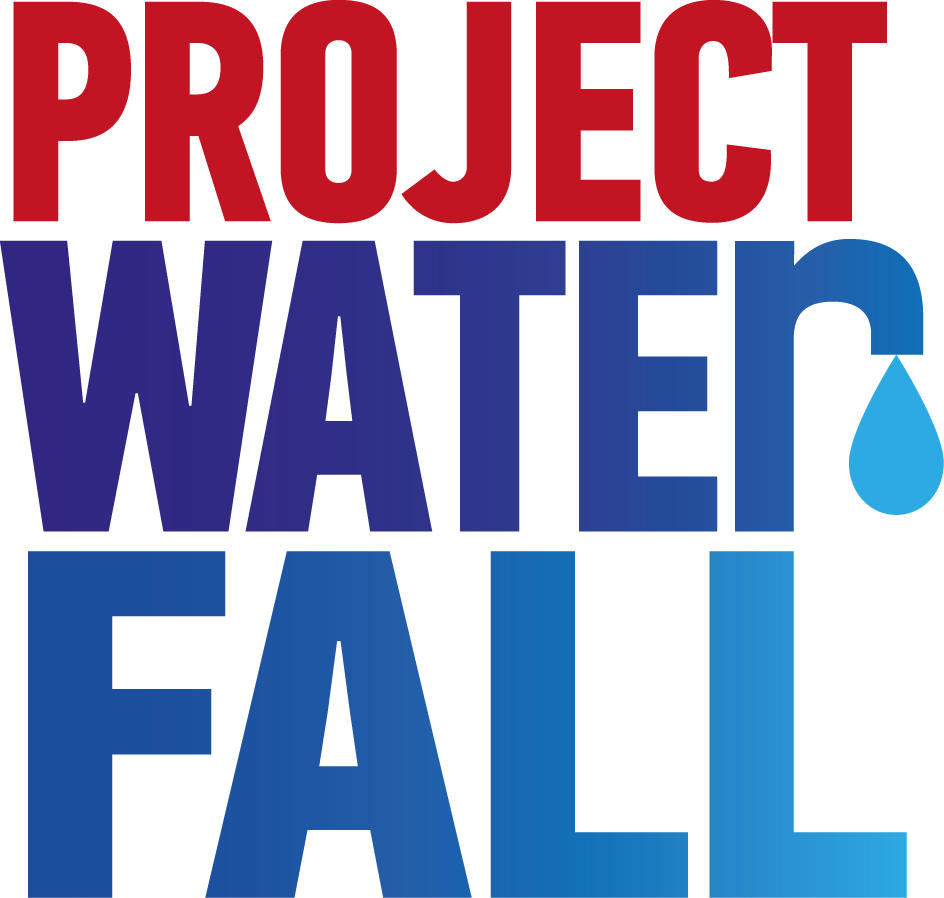



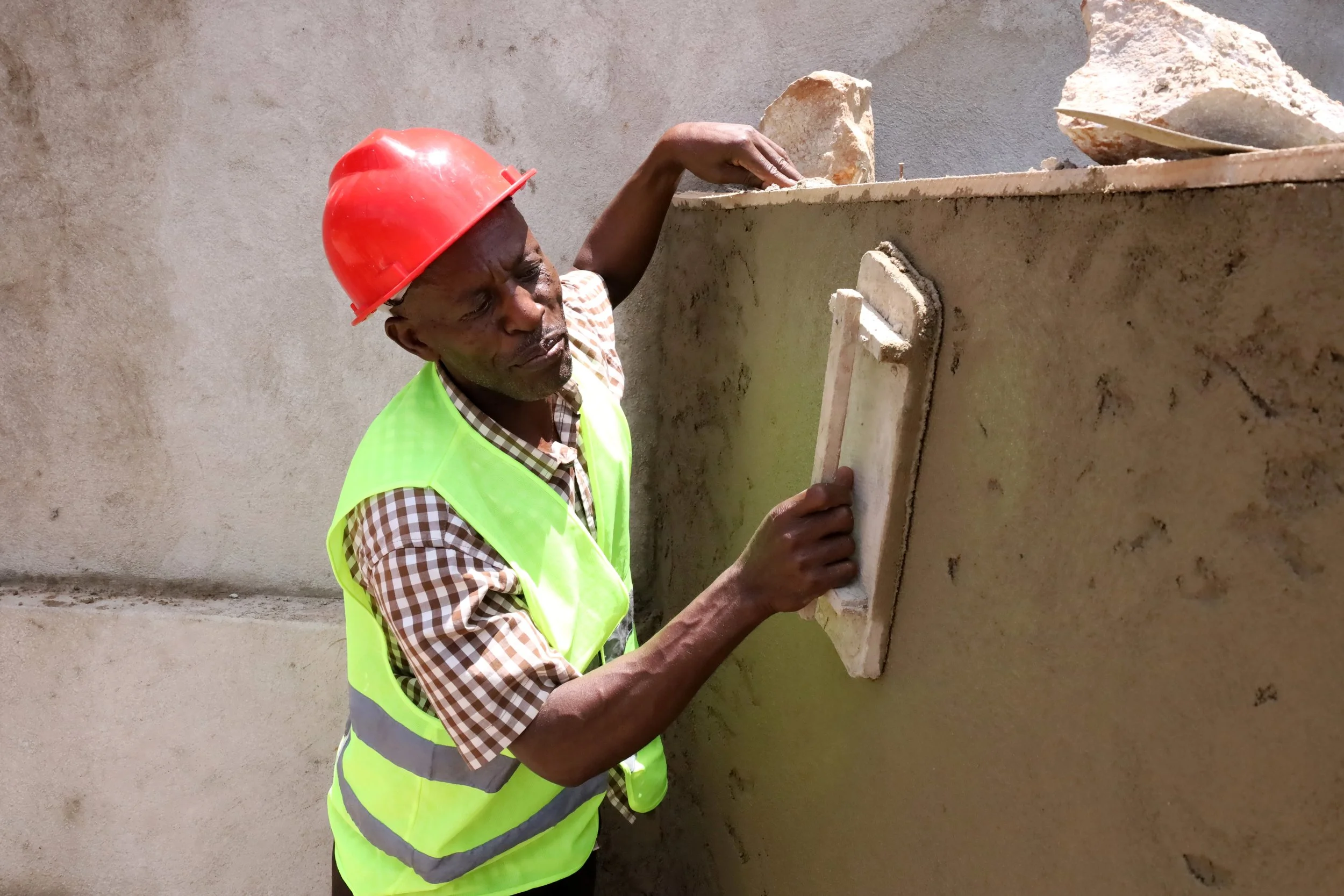


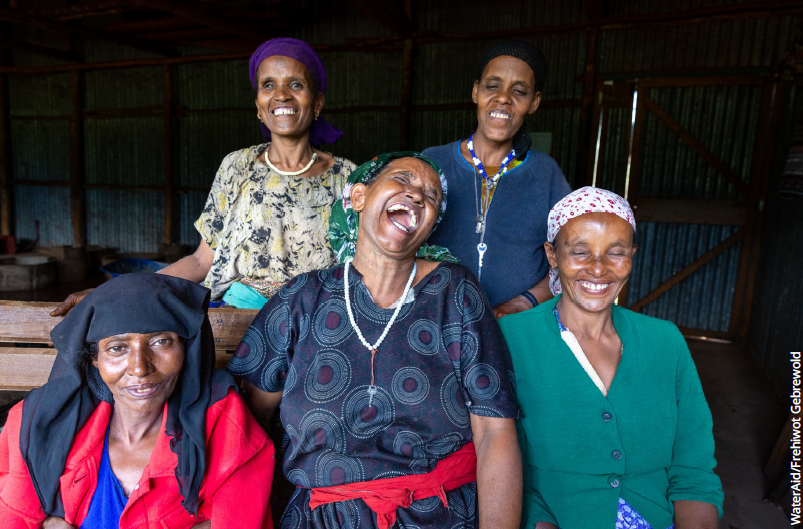
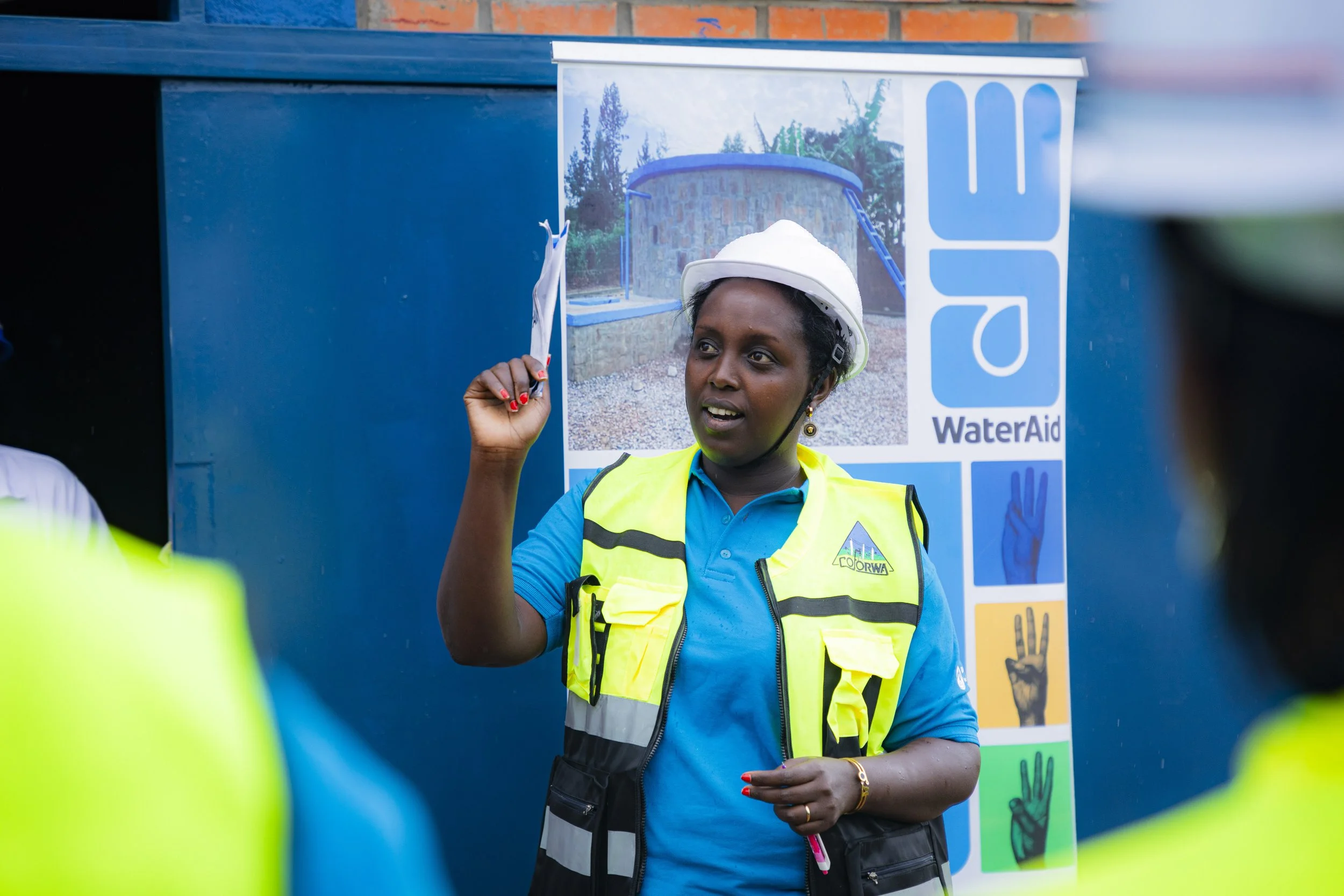



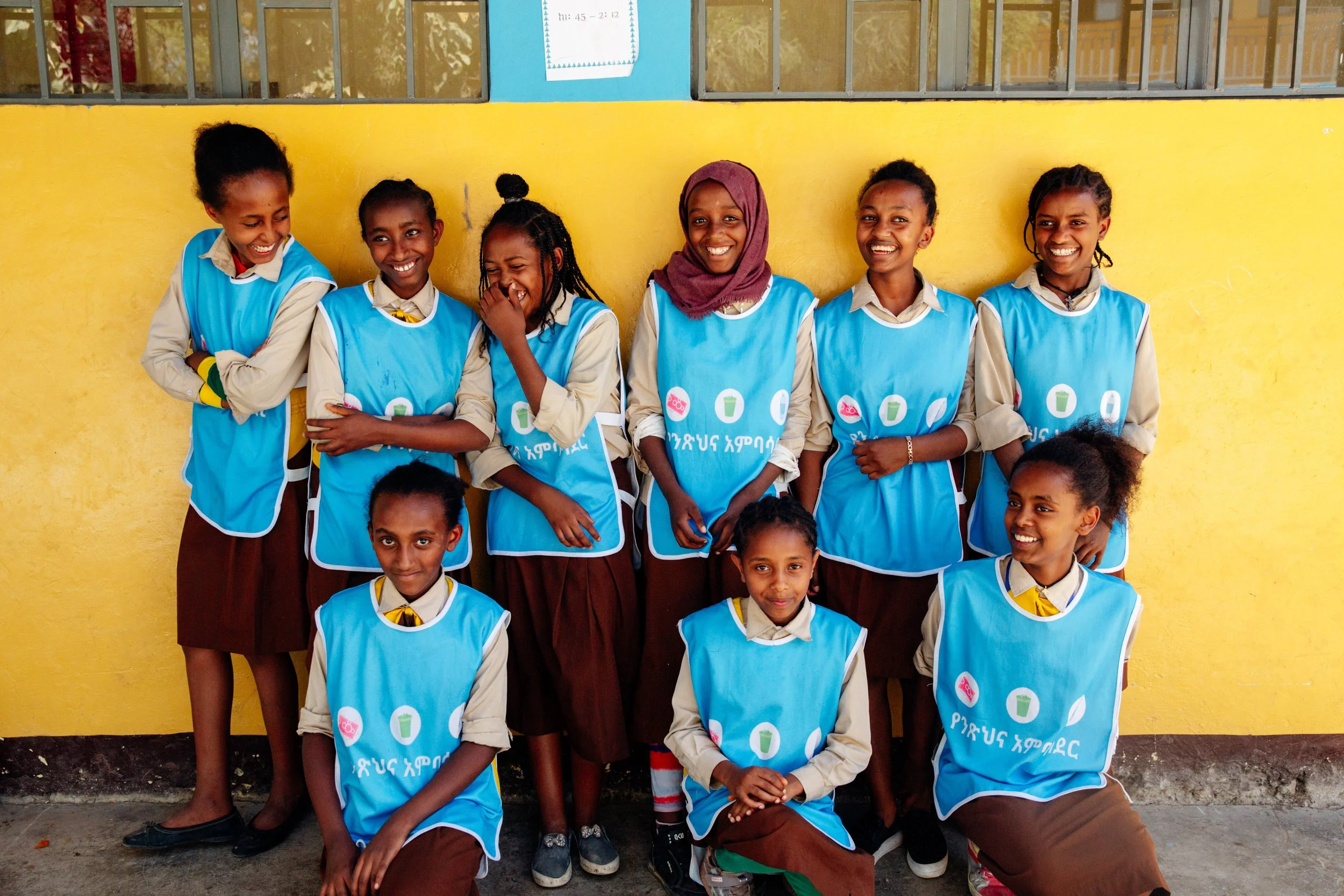








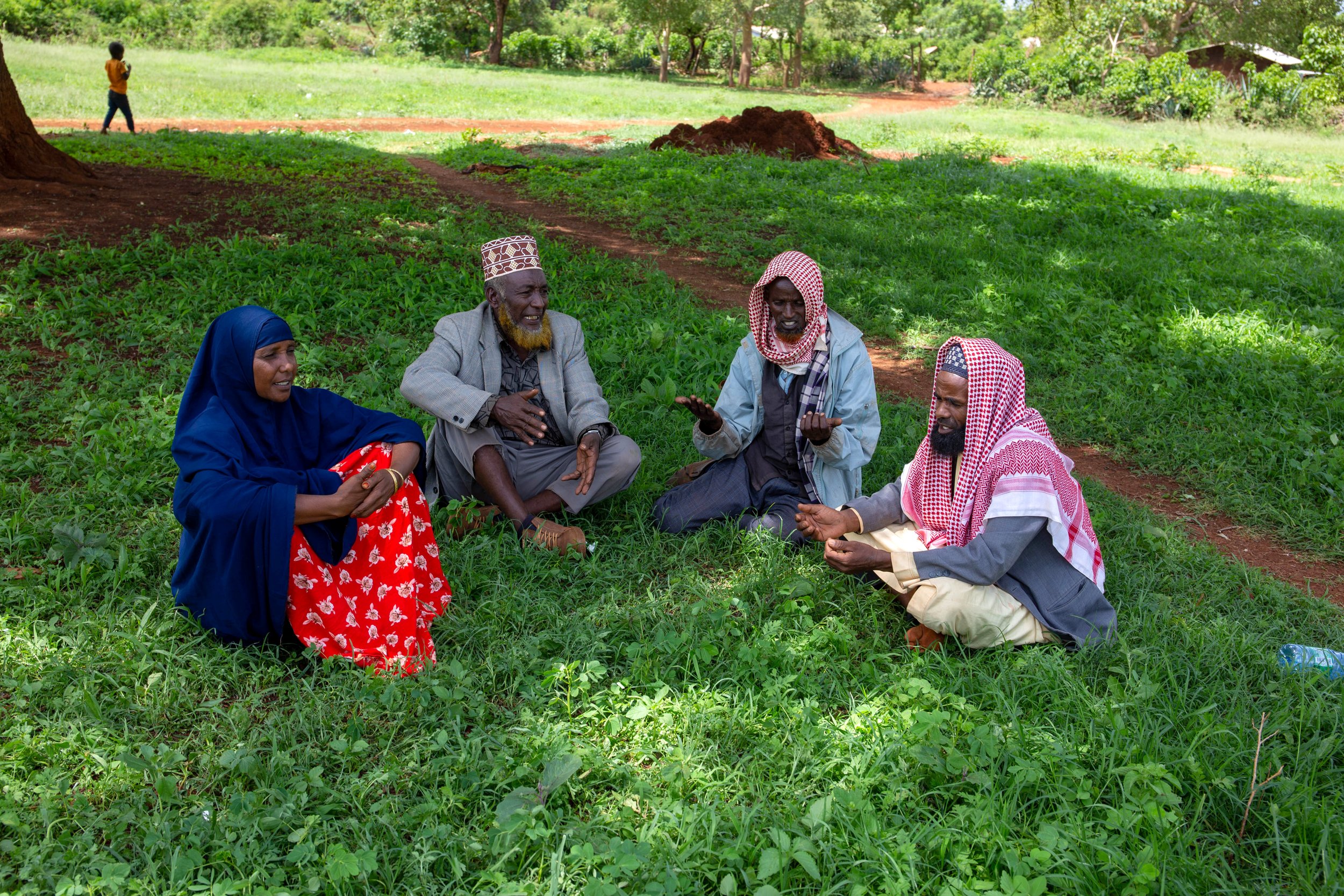



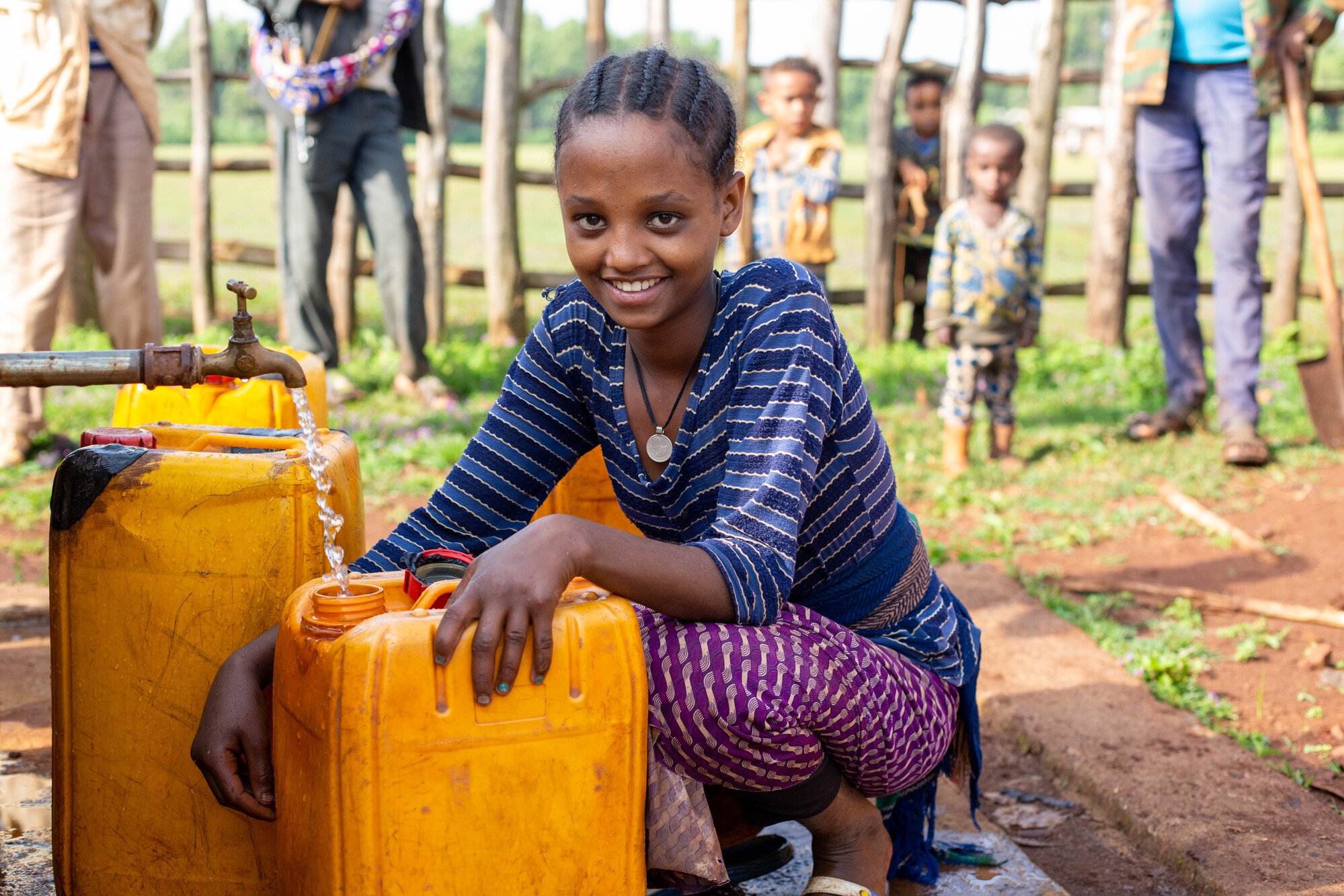





We are delighted to announce that our project in Jabi Tehnan, Ethiopia has been completed! In collaboration with WaterAid, we have been working in the Jabi Tehnan Woreda (region) in three Kebeles (villages), to provide this coffee-growing community with water, sanitation and hygiene services.